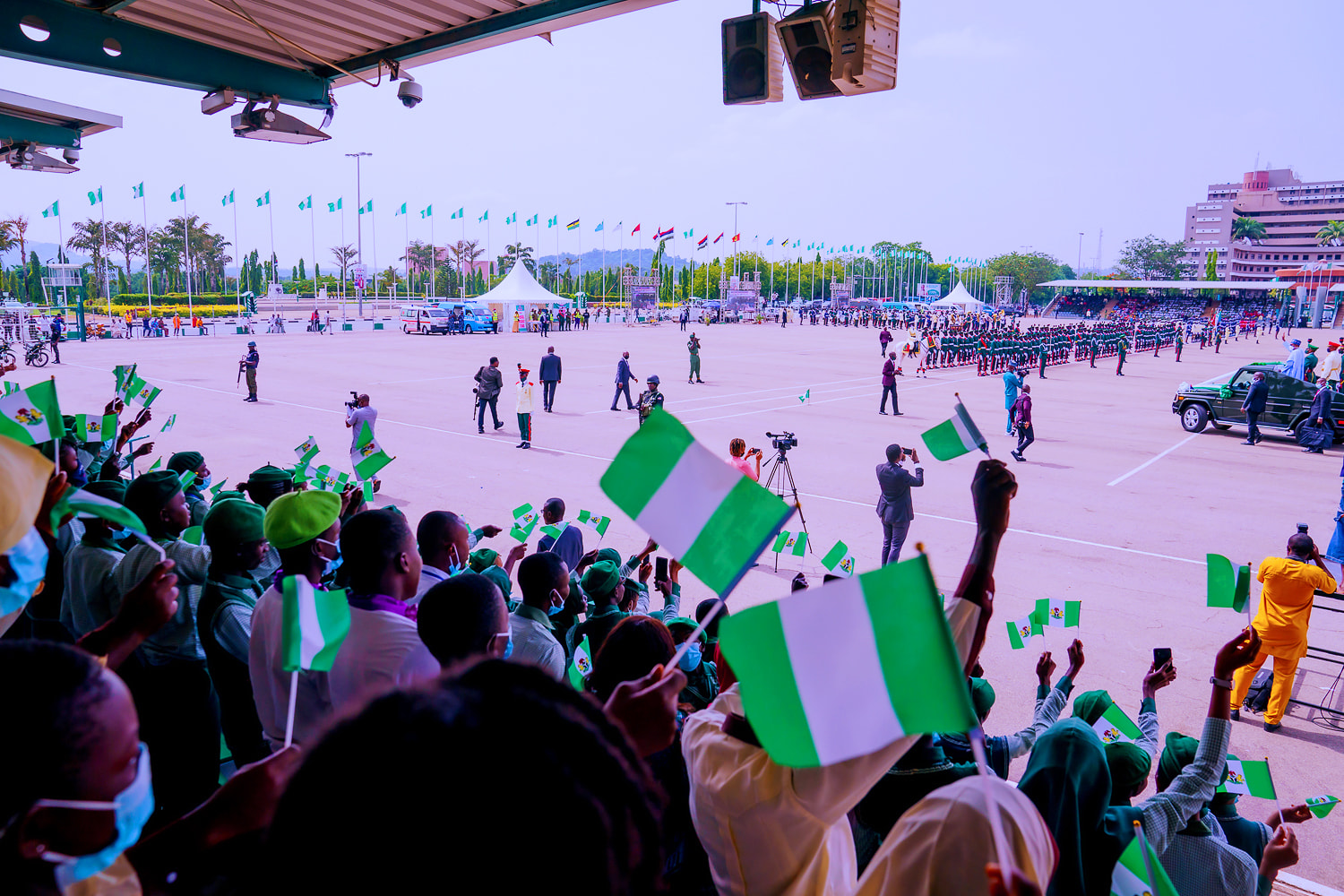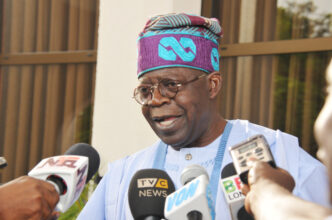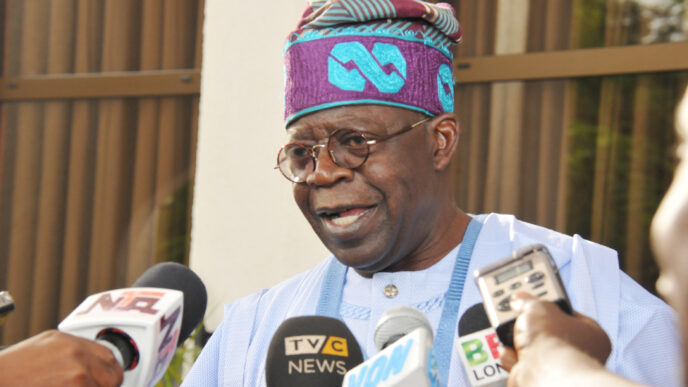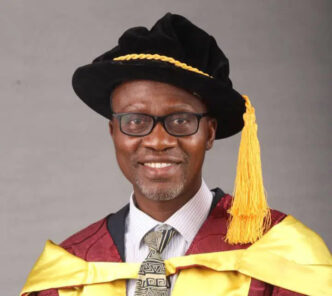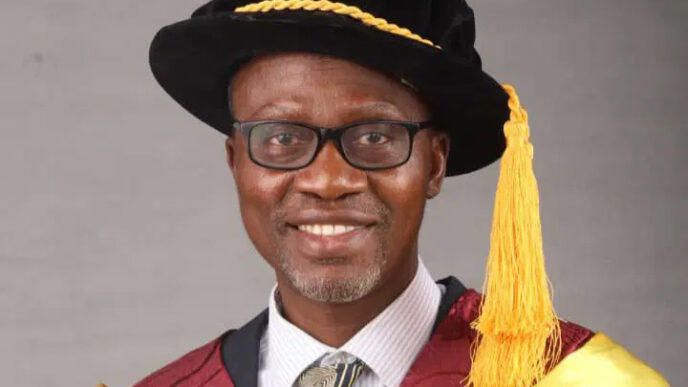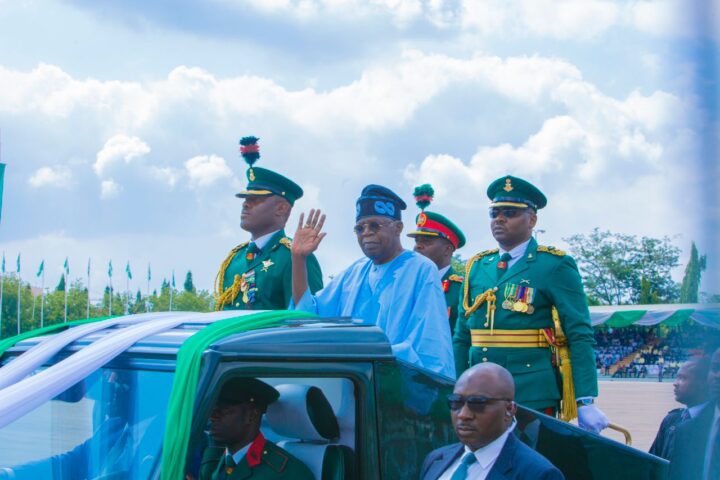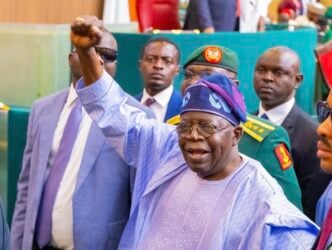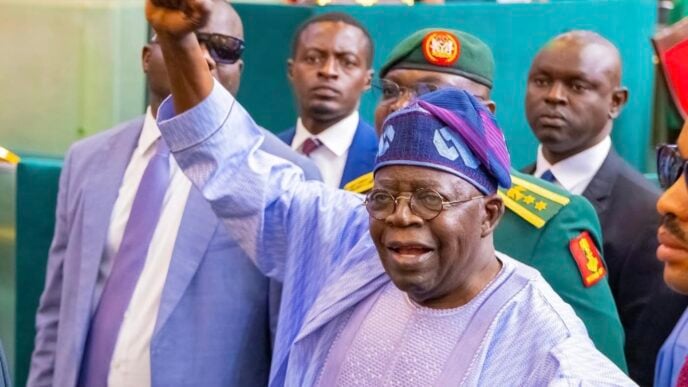There was a time when to serve Nigeria was a calling, not a career. When senators stood tall, not for allowances but for accountability. When ministers led with clarity, not confusion. That time particularly between 1999 and 2007 still stands in contrast to the inertia and opportunism that define much of Nigeria’s governance today.
In those early years of the Fourth Republic, the country was rediscovering democracy after decades of military rule. It wasn’t perfect, but it was promising. Public office attracted men and women who, regardless of their flaws, carried a sense of duty to the nation.
In the senate, we saw figures like Chuba Okadigbo, who, despite the politics that surrounded him, was widely respected as a man of intellect and vision. His command of language and ideas elevated the Senate into a forum of national debate. Alongside him was Senator Florence Ita-Giwa, whose service transcended legislative presence. She championed the rights of the Bakassi people, showing that true representation means advocacy, not just attendance.
On the executive front, we had ministers like Ngozi Okonjo-Iweala, who brought discipline to public finance and led Nigeria to historic debt forgiveness from the Paris Club. Her tenure wasn’t about popularity; it was about repositioning the country for fiscal responsibility and economic credibility.
Advertisement
Other ministers like Frank Nweke Jr., Aliyu Modibbo Umar, and Akinwumi Adesina (then a special adviser) demonstrated that youth, competence, and patriotism were not mutually exclusive. They showed up, did the work, and left traces of policy reform and institutional strengthening.
At the level of director-generals and agency heads, there was innovation and boldness. Nasir el-Rufai, then at the Bureau of Public Enterprises and later FCT Minister, pushed difficult but necessary reforms. Nuhu Ribadu, as EFCC chairman, took on corruption headlong, regardless of the political backlash. These were not perfect men, but they were men of purpose.
Fast forward to now, and there has been a detonation , a scattering of that calibre of leadership. The quality of patriotism in public service has plummeted. Ministers now trend more for media gaffes than measurable impact. Senators disappear into chambers with no legislative legacy. Directors-general become political hostages, more loyal to the appointing godfather than to the national interest.
Advertisement
And so we must ask this question, how can a young Nigerian, born in 2007, now approaching 18 and getting ready to vote for the first time, believe in a system they’ve never seen work?
They’ve grown up with ASUU strikes, Naira collapses, fuel price hikes, and insecurity. They’ve never experienced consistent electricity. They’ve never seen institutions serve people before party. Their reality is that of disappointment and governance reduced to survival, and elections seen as rituals rather than moments of renewal.
How do they vote wisely when their only reference is chaos, compromise, and corruption? When elections are seen not as choices, but as cycles of recycled names? The detonation of patriots has left a vacuum in public trust. A vacuum where belief in Nigeria should be.
But it doesn’t have to end here.
Advertisement
To reverse this trajectory, we must be deliberate about rebuilding the pipeline of patriots. Education must teach not just the Constitution, but the meaning of civic duty. Political parties must reward merit, not mediocrity. The media must spotlight service, not spectacle. And young people must be taught that leadership is not a hustle, but a heritage.
The generation born after 2007 deserves more than handouts and hashtags. They deserve a democracy that works. And for that to happen, Nigeria must once again become a country where senators are thinkers, ministers are visionaries, and DGs are reformers.
We don’t need saints. We need patriots.
For the love of country.
Advertisement
Views expressed by contributors are strictly personal and not of TheCable.

